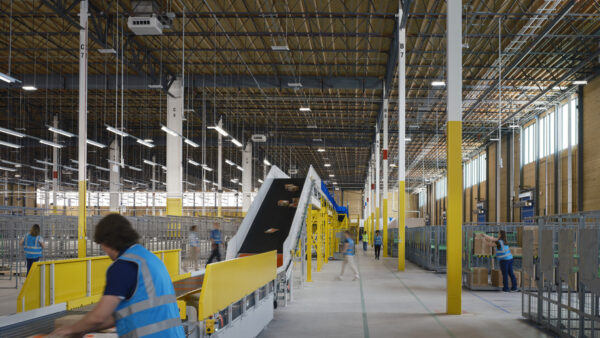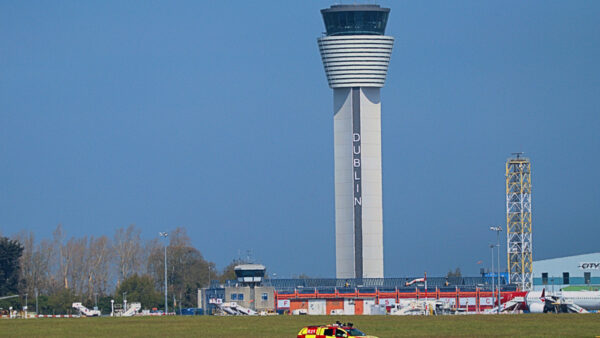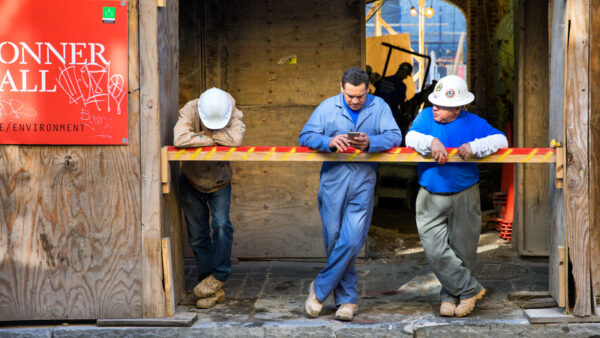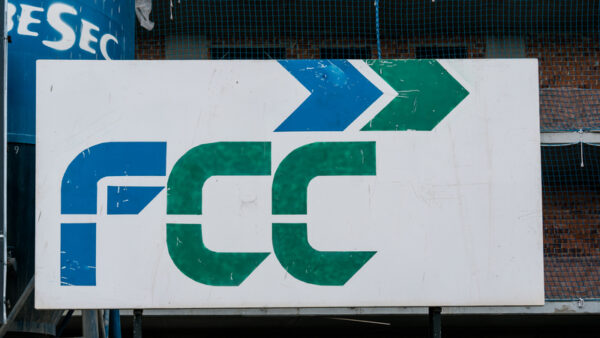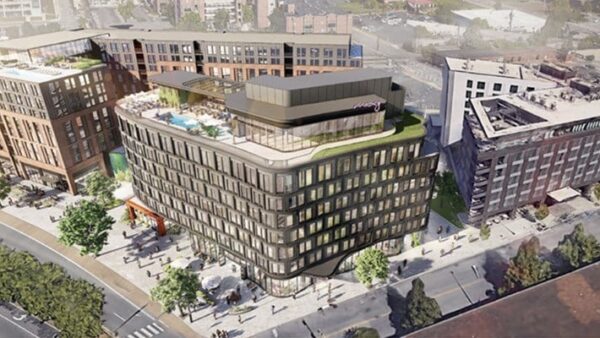The Iraqi government has said it will build a wall around Baghdad to protect the city from so-called Islamic State (IS), but the idea has provoked sectarian tensions with Sunni and Kurdish politicians claiming it would bolster Shi’ite power in the capital.
And the government has since issued conflicting statements saying, the “wall” would actually be more security checkpoints.
It had been reported that the Iraqi army’s engineering corp had begun work on a 300-km-long wall that would completely encircle Baghdad as protection from IS, which controls areas in the north and west of the country.
It was to be supplemented by a 2-m-deep trench, surveillance cameras, explosives detection equipment and watchtowers.
A military spokesperson said the wall would prevent terrorists from infiltrating the capital with explosives.
Car bombings, shootings, suicide attacks and deaths by improvised explosive devices are almost daily occurrences in Baghdad.
The wall’s perimeter would bulge outward to al-Subaihat, a town 30km to the west of Baghdad. This would isolate the capital from Falluja, a long-time bastion of Sunni Muslim jihadists that is occupied by IS. There, according to Reuters, construction would begin.
The majority of the areas surrounding Baghdad belong to Sunni tribes. This wall will separate a brother from a brother. This is why we are worried– Mohammed al-Karbouli, a Sunni MP
Announcing the plans in early February, the government said a big wall around the city would lead to the removal of the many internal walls and checkpoints that choke traffic in Baghdad.
Many were erected as part of the US army’s 2007 surge strategy, most notably the 5km long, 3.6m high wall built around the Sunni district of Adhamiya by the 82nd Airborne division.
Reuters reported that the wall around the Green Zone, which houses the Iraqi government, would remain.
But the idea of a wall has been opposed by Sunni and Kurdish groups, who fear it is an attempt to increase Shi’ite power in the city and appropriate Sunni land after the defeat of IS.
Mohammed al-Karbouli, a Sunni MP and a member of the Parliamentary Committee on Security and Defense, told Voice of America (VOA) that the project was an attempt to isolate Sunni tribal areas from the capital.
“The majority of the areas surrounding Baghdad belong to Sunni tribes. This wall will separate a brother from a brother. This is why we are worried,” he said.
Baghdad is the capital for all Iraqis and it’s not possible for a wall or a fence to isolate the city– Iraqi government statement
A Kurdish MP, Jamal Kochar, also questioned the Shi’ite-led government’s motives for the wall. He told VOA that he fears that the government is retaliating against Kurds who have begun digging trenches in northern Iraq as a defence agains IS.
But since announcing the wall the government has given out conflicting messages.
A spokesman for Iraq’s Interior Ministry, Police Brig. Gen. Saad Maan, told the Associated Press that the “wall” would actually be comprised of an increased number of checkpoints.
“It’s not a wall exactly,” Maan said.
Saad al-Hadithi, a spokesman for Iraq’s prime minister, assured the Associated Press that the idea was “not politically motivated” or aimed at “achieving demographic change”.
“Baghdad is the capital for all Iraqis and it’s not possible for a wall or a fence to isolate the city,” an earlier government statement said.
Photograph: An Iraqi worker and US Army specialist from the 82nd Airborne Division during the erection of a wall at Joint Security Station Loyalty, eastern Baghdad, in 2009 (James Selesnick/Wikimedia Commons)


